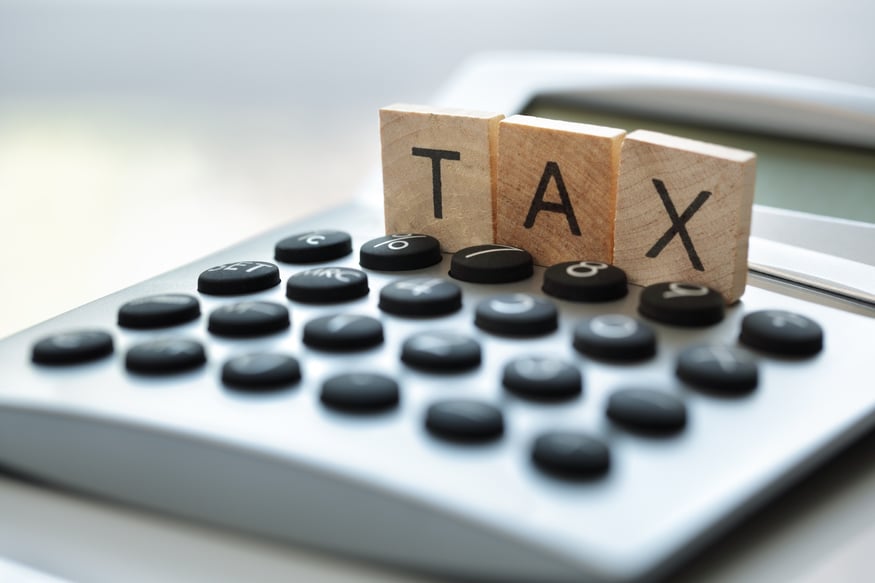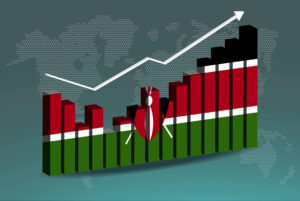Kenya’s middle class is the center that holds the country together. If it falls apart, the country too inevitably falls apart.
Last year in December, the World Bank revealed that a third of Kenya’s middle class is just an economic shock away from sliding into poverty. Thanks to the depressed economy, their disposable income is at a record low, which dents the economy further.
The Kenya Bureau of Statistics has reported an average inflation rate of 7.7 in 2022 which directly affect 16 million Kenyans in the informal sector and 3 million in the formal sector. As such, the manufacturing sector is already facing turbulence because in 2022, its growth slowed down to 2.7 per cent compared to 7.3 per cent in 2021. Regrettably, such a slump in parts of a vibrant private sector which employs 1.4 million is fertile ground for economic hemorrhage. Indeed, when the private sector sneezes, the employment scene catches a cold.
It is against this backdrop that the Finance Bill is making an appearance. The fair million-dollar question is this – can this bill rescue the country’s floundering middle class from sliding back to poverty? The Kenya Association of Manufacturers (KAM) and the Kenya Private Sector Alliance (KEPSA) don’t think so.
The two leading industry voices, are warning that some of the provisions in the bill will make Kenya an unattractive trade destination. For instance, adding tax on clinker, wire rod and billet steel which are raw materials will instantly create trade diversion in favor of other African countries. This will deal a major blow to local manufacturing and the 170,000 jobs in the cement and steel industry alone.
They state that the proposed paper sector tax hike from 13% to 23% will jeopardize the Sector’s Sh10 billion investment and negatively impact 120,000 jobs.
Regarding the Finance bill’s proposal of exemption of VAT upon attainment of 50% of local content in the automotive manufacturing, the players suggest that there be a well-thought-out framework that allows progression intended to build local capacity even as we attract foreign direct investors.
The KAM and KEPSA has cautioned that this raft of tax proposals will hike manufacturing cost and result in a price spike of Kenyan products. For instance, it will be 13% cheaper to import cement from Egypt under the Common Market for Eastern and Southern Africa (COMESA). While these proposals are on the table Kenya is already a supermarket of products from neighboring countries because for instance Kenya’s leading paper manufacturers are producing at about 20% capacity in Kenya and 100% capacity in Tanzania.
In the circumstances, tens of thousands of jobs will be lost, hitting the middle class hard. As per the World Bank warning in December, if that happens, the hundreds of thousands who depend on this middle class for their livelihoods, will slip even deeper into impoverishment.
The Finance Bill if passed as is, might, therefore, turn out to be a poisoned chalice as it will bleed jobs and deprive the government of the increased tax revenue that it is seeking.
Apart from the manufacturing sector, the housing levy proposed in the Finance Bill can end up becoming a litigation landmine. Kenya’s constitution in Article 250, (8) protects the remuneration of public officers in independent commissions. If the housing levy interferes with remuneration of these public officers by imposing what may be deemed as a forceful deduction due to lack of concurrence in this matter, anyone can sue the Government for making an unconstitutional move.
To avoid such pitfalls in a well-intended process, there is need for effective, substantive and comprehensive public participation. In all these, we must not lose sight of the overall wellbeing of Kenyans. The famous words of Winston Churchill come to mind that “for a nation to try to tax itself into prosperity is like a man standing in a bucket and trying to lift himself up by the handle.”Think green, act green!
He is the Chief Steward of Green Africa Group, a conglomerate that was envisioned in 1991 to connect, produce and impact various aspirations of humanity through Sustainable Mobility & Safety Solutions, Ecopreneurship & Agribusiness, Shipping & Logistics, Environmental Protection Initiatives, as well as Hospitality & furnishings sectors



